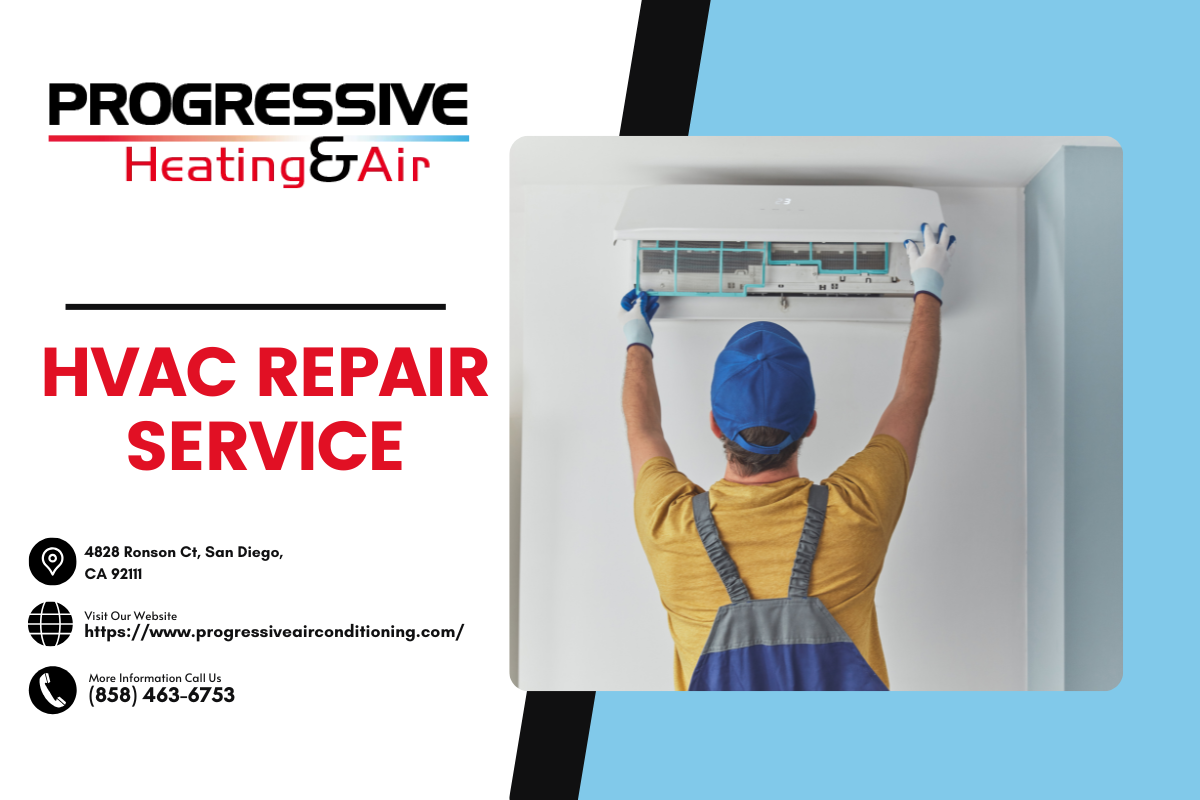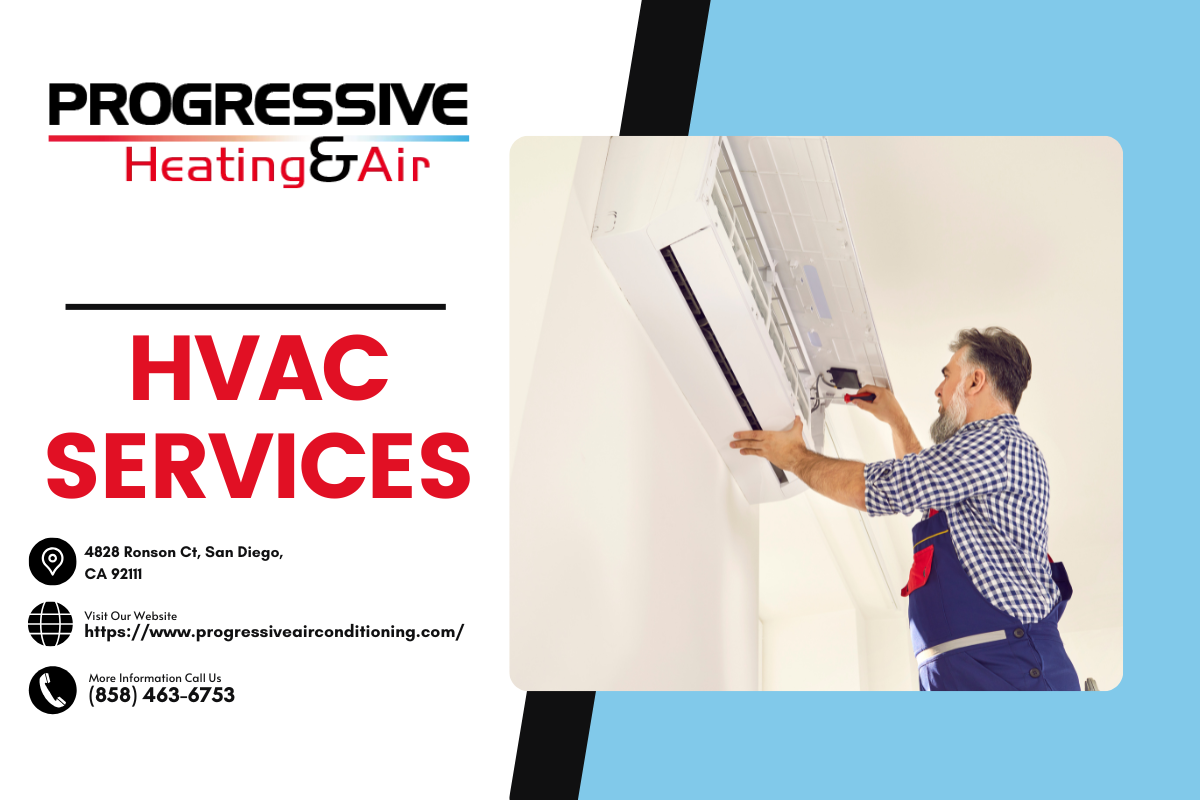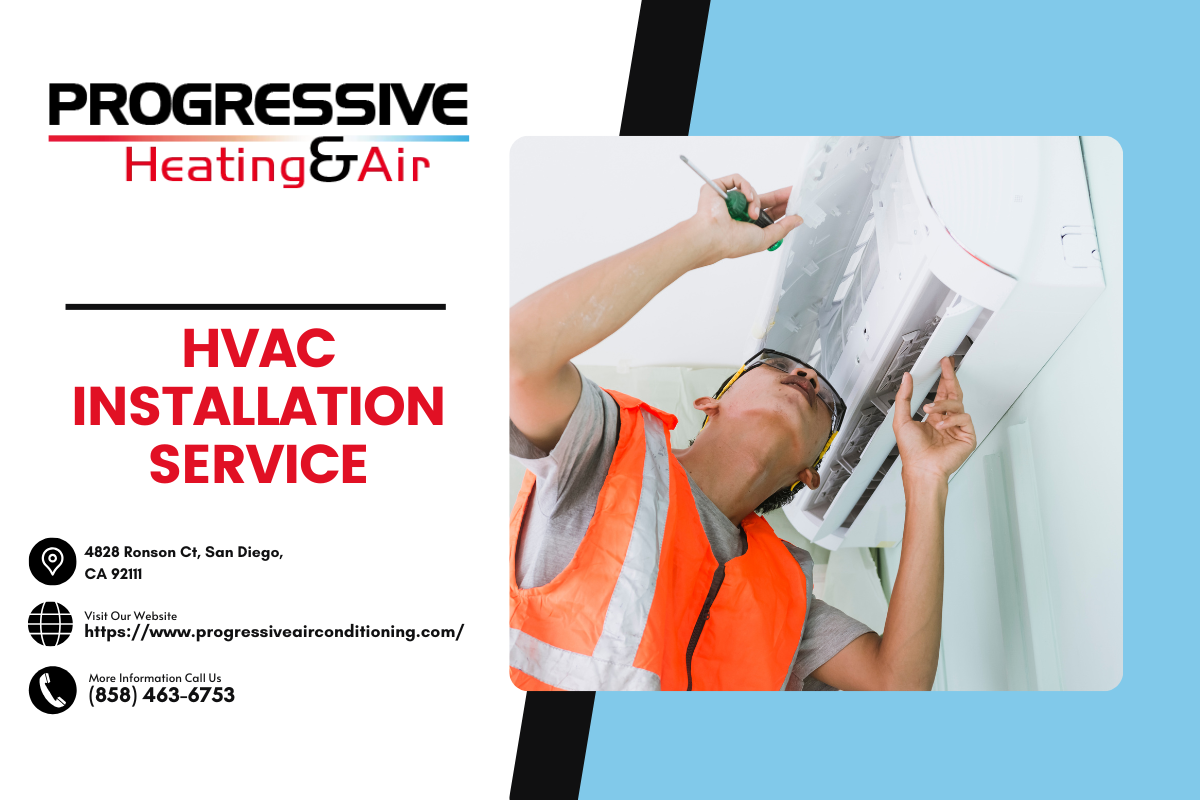


When it comes to extreme weather, preparation is key. With climate change leading to more frequent and severe weather events, having reliable systems in place is no longer optional—it's essential. In this article, we'll explore how your local contractor can help you prepare for extreme weather conditions, ensuring your home remains safe and comfortable year-round.
Table of Contents
Understanding Extreme Weather- What Constitutes Extreme Weather? The Impact of Climate Change on Weather Patterns
- Importance of HVAC Services How HVAC Systems Work
- What to Look for in a Licensed HVAC Company Benefits of Hiring Local Contractors
- Regular Maintenance Tasks Signs Your System Needs Attention
- Creating an Emergency Plan Tools and Resources for Homeowners
- Tips for Reducing Energy Consumption The Role of Smart Thermostats
- Importance of Proper Insulation How to Seal Air Leaks Effectively
- When Is It Time to Upgrade? Choosing the Right System for Your Home
- Maintaining Healthy Air Quality During Storms Best Practices for Ventilation and Filtration
- Understanding Pricing Structures Budgeting for Emergency Repairs
Understanding Extreme Weather
What Constitutes Extreme Weather?
Extreme weather refers to unusual and severe atmospheric conditions that can cause significant damage or disrupt normal life functions. This includes hurricanes, tornadoes, blizzards, droughts, floods, and heatwaves.
The Impact of Climate Change on Weather Patterns
Climate change has been linked to an increase in the frequency and intensity of extreme weather events. As temperatures rise globally, the atmosphere holds more moisture, which can lead to heavier precipitation and stronger storms.
The Role of HVAC Systems in Extreme Weather
Importance of HVAC Services
Your Heating, Ventilation, and Air Conditioning (HVAC) system plays a critical role during extreme weather by regulating indoor temperatures and maintaining air quality.
How HVAC Systems Work
HVAC systems consist of multiple components including furnaces, air conditioners, heat pumps, and ventilation systems that work together to provide comfort in your home.
Choosing a Trusted HVAC Contractor
What to Look for in a Licensed HVAC Company
When selecting an HVAC contractor, look for one that is licensed and insured. A reputable company should also offer warranties on their services.
Benefits of Hiring Local Contractors
Local contractors are usually more familiar with regional weather patterns and building codes—ensuring that installations comply with local regulations while providing personalized service.
HVAC Maintenance Before Severe Weather
Regular Maintenance Tasks
Regular maintenance ensures your system operates efficiently when you need it most. For example:
- Change filters every 1-3 months. Clean ducts regularly. Schedule annual professional inspections.
Signs Your System Needs Attention
Watch out for signs such as unusual noises or smells emanating from your unit or inconsistent temperatures throughout your home—they could indicate potential issues requiring immediate attention from trusted HVAC contractors.
Emergency Preparedness with HVAC Systems
Creating an Emergency Plan
Prepare an emergency plan that outlines steps to take during severe weather—this should include how you will maintain heating/cooling if power goes out.
Tools and Resources for Homeowners
Consider investing in backup generators or battery-operated devices that can help maintain critical systems during outages caused by extreme weather events.
Energy Efficiency During Extreme Conditions
Tips for Reducing Energy Consumption
By making minor adjustments (like setting thermostats slightly higher or lower), you can save significantly on energy bills even during harsh conditions.
The Role of Smart Thermostats
Smart thermostats allow homeowners to control their heating/cooling remotely through mobile apps—helping manage https://dominickgpid049.bearsfanteamshop.com/how-to-find-the-best-hvac-company-near-me energy use effectively even when you're away from home.
Insulation and Sealing Solutions
Importance of Proper Insulation
Good insulation keeps heat in during winter months while keeping hot air outside during summer—reducing strain on your HVAC system significantly.
How to Seal Air Leaks Effectively
Sealing gaps around windows/doors with caulk or using weather stripping can help maintain consistent indoor temperatures regardless of outdoor conditions.
Upgrading Your HVAC System
When Is It Time to Upgrade?
If your system frequently breaks down or requires costly repairs, it may be time for an upgrade—especially if it's over 10 years old!
Choosing the Right System for Your Home
Consulting with a licensed HVAC company helps determine which system best meets your home's needs based on size/type/energy efficiency ratings.
Indoor Air Quality Considerations
Maintaining Healthy Air Quality During Storms
During extreme weather events like hurricanes or blizzards where windows are kept closed, maintaining good indoor air quality becomes crucial—using HEPA filters helps trap airborne pollutants effectively!
Best Practices for Ventilation and Filtration
Ensure proper ventilation by using exhaust fans; regularly replacing filters also improves indoor air quality significantly!
Cost Considerations for HVAC Services
Understanding Pricing Structures
Costs associated with installing/upgrading/repairing an HVAC system vary widely depending on several factors like type/brand/local market conditions; always seek multiple quotes before deciding!
Budgeting for Emergency Repairs
Set aside funds specifically earmarked for unexpected repairs; having financial resources available eases stress when emergencies arise unexpectedly!
FAQs about Preparing for Extreme Weather
1. Why is regular maintenance important before severe weather?
Regular maintenance ensures that your heating/cooling systems are functioning correctly so they won't fail when you need them most during extreme conditions.
2. How do I choose a reputable local contractor?
Look for licensed providers with good reviews from previous customers; asking friends/family can also yield trustworthy recommendations!
3. What's the best way to prepare my home’s insulation?
Ensure all walls/attics are properly insulated while sealing any noticeable gaps around doors/windows using caulk/weather stripping materials readily available at hardware stores!
4. Are smart thermostats worth the investment?
Absolutely! They enable better energy management while providing convenience as you can adjust settings remotely via smartphone apps whenever needed!
5. What should I do if my power goes out during a storm?
Utilize backup generators if available; otherwise consider ways to stay warm/cool safely until electricity returns (such as layering clothing).
6. How often should I change my air filter?
Generally speaking every 1-3 months depending on usage levels; households with pets/allergies may require changing filters more frequently than others might!
Conclusion
Preparing your home against extreme weather doesn’t have to be overwhelming; enlisting the help of local contractors who specialize in hvac services makes this process straightforward! Whether upgrading existing equipment or conducting preventative maintenance measures ahead-of-time—it’s essential everyone takes proactive steps towards safeguarding their homes against Mother Nature's unpredictable elements! If you're looking for "hvac company near me" or “trusted hvac contractors,” reach out today—it could make all the difference when those storms roll through!